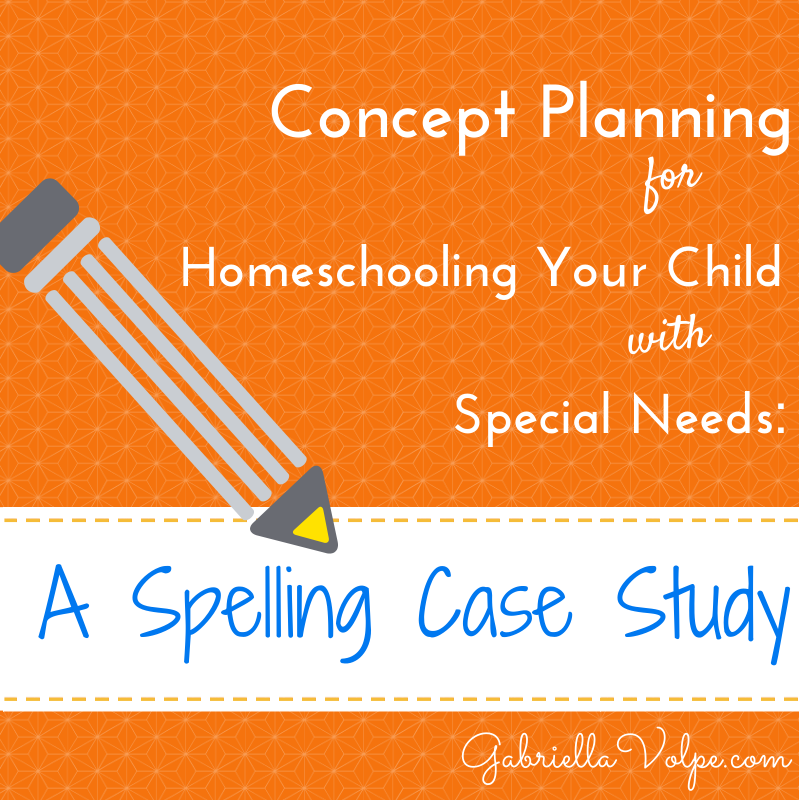As the new academic year begins, it’s the perfect time to get organized. That’s why I’m offering free back‑to‑school planners designed to help you plan confidently. Perfect for educators and therapists supporting learning in a professional setting. Start with a brain...








